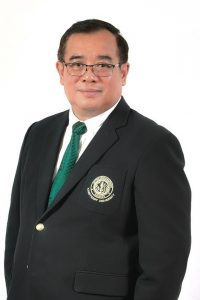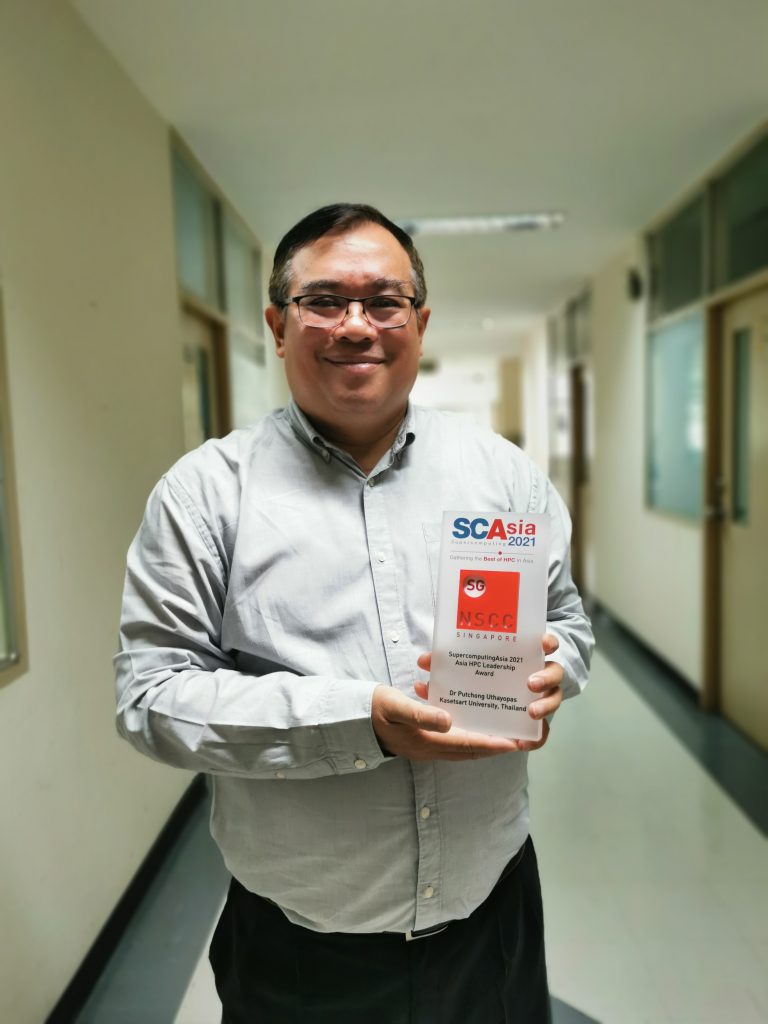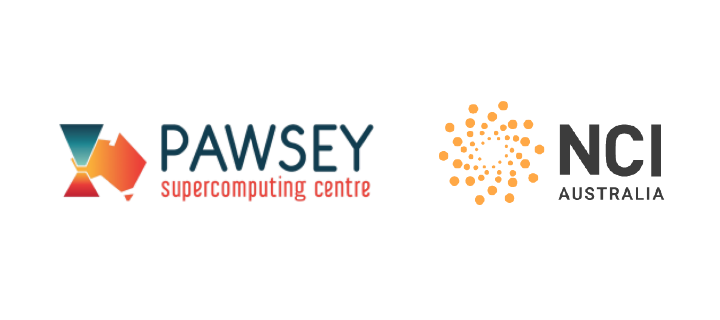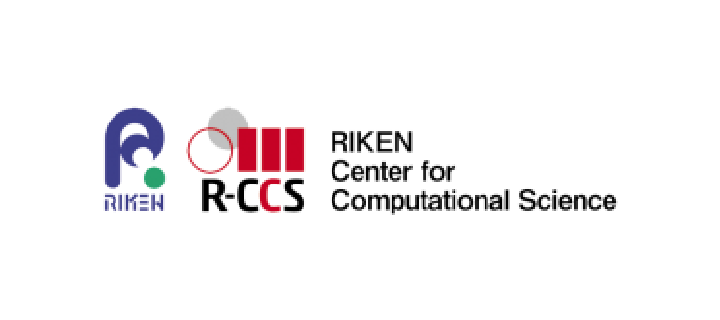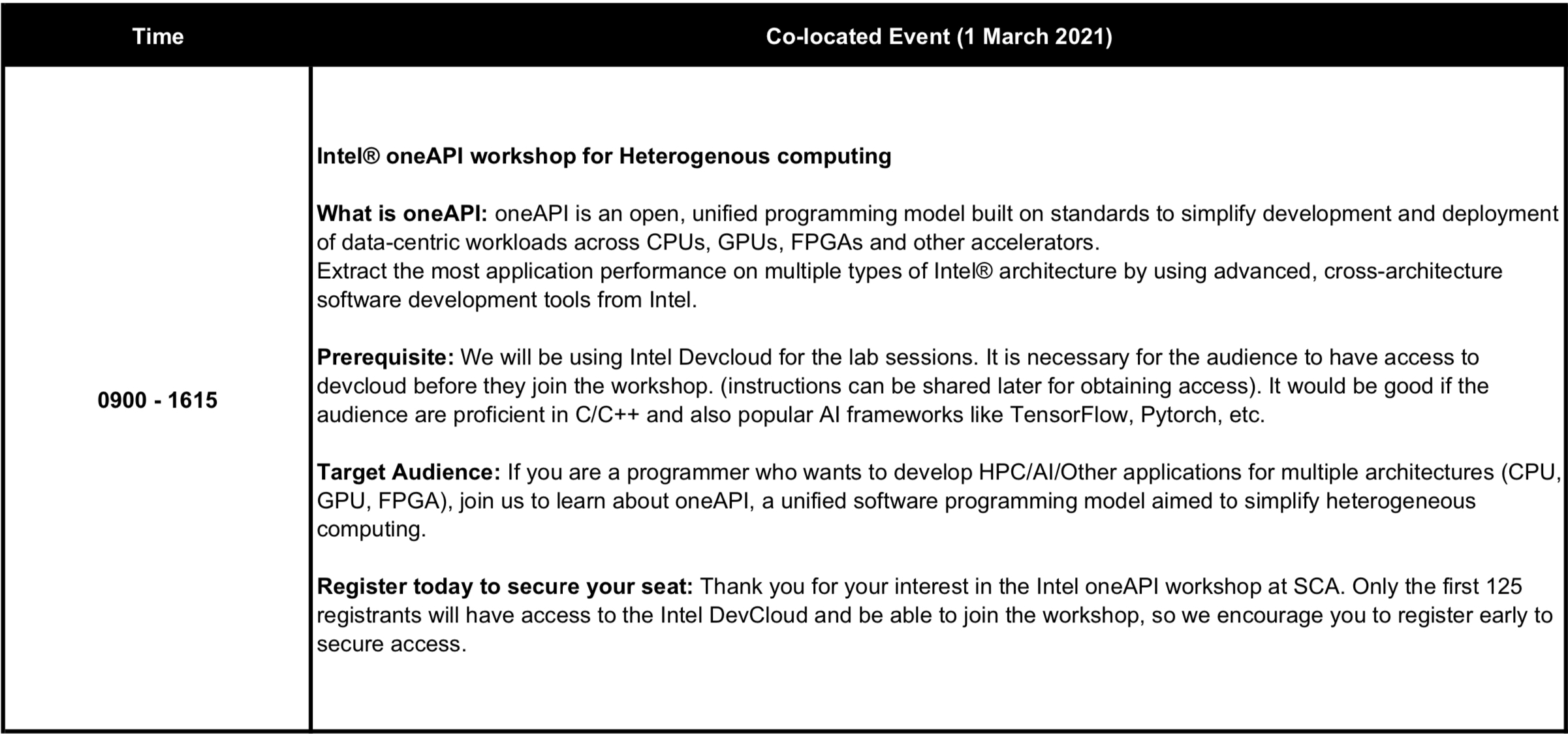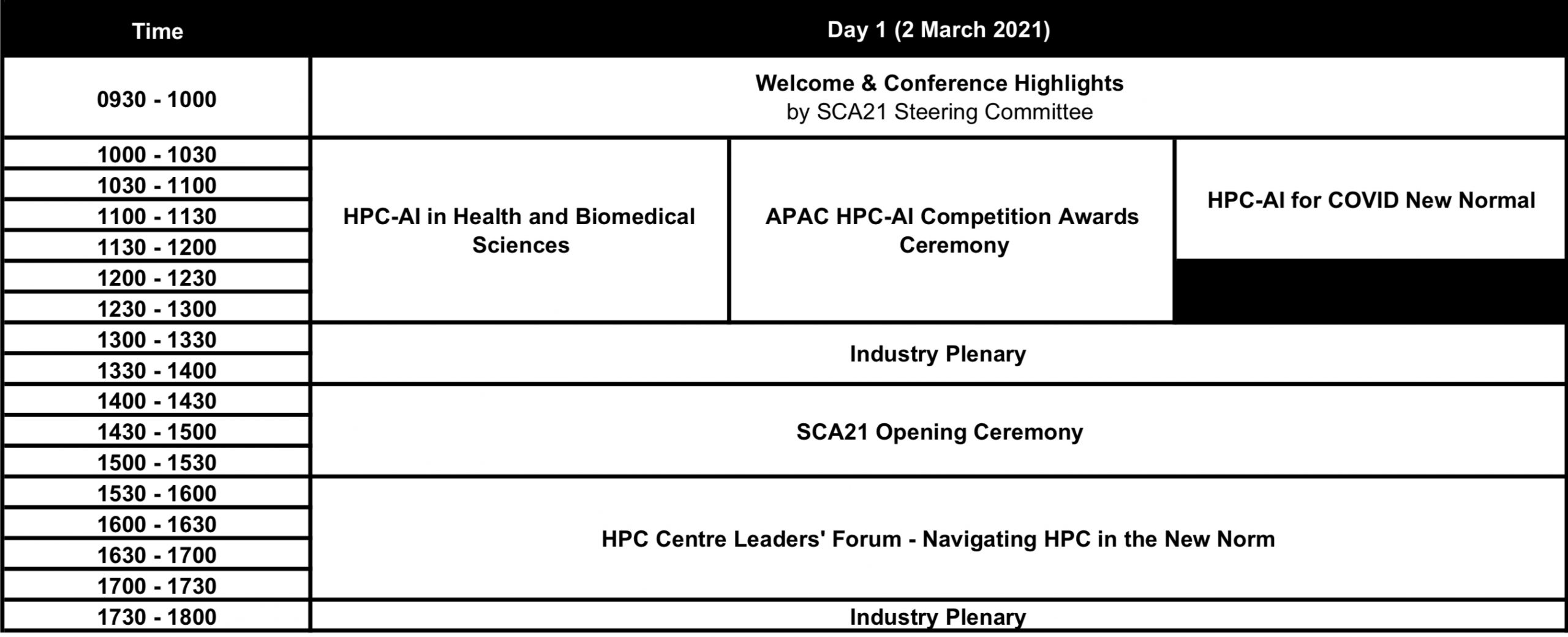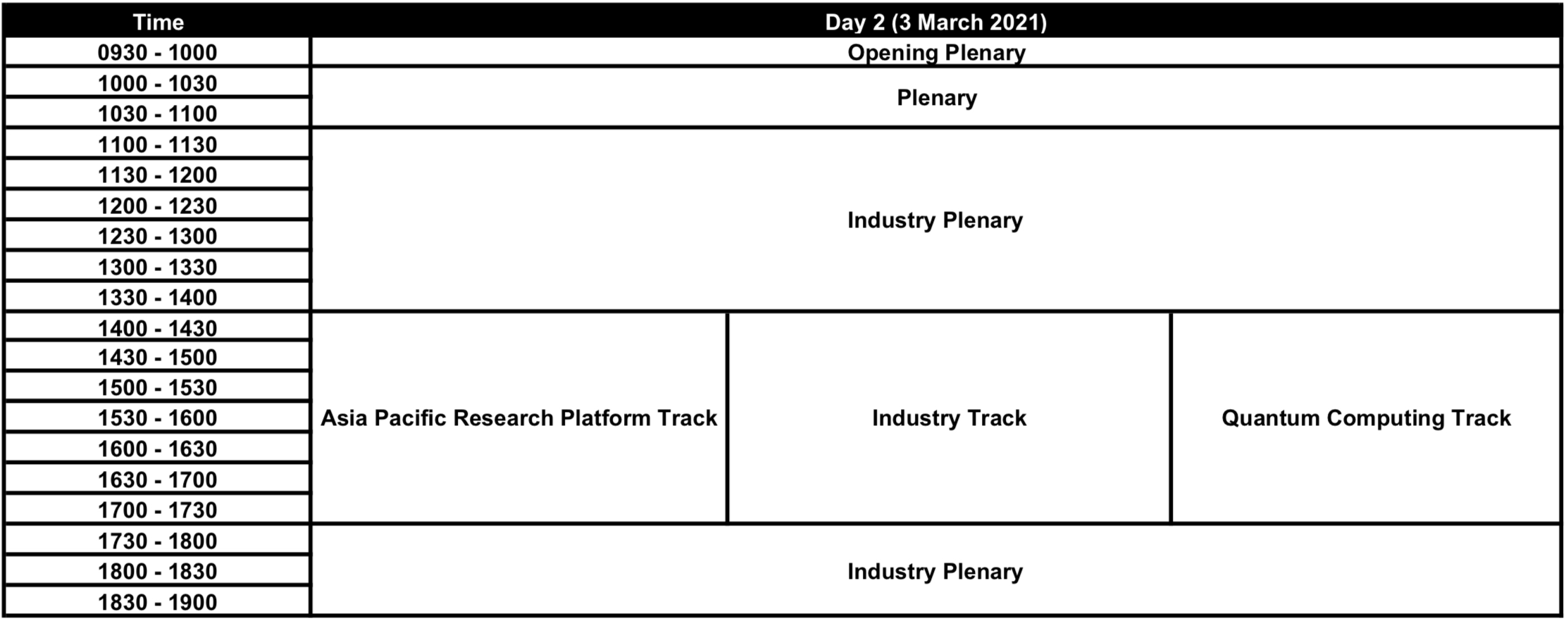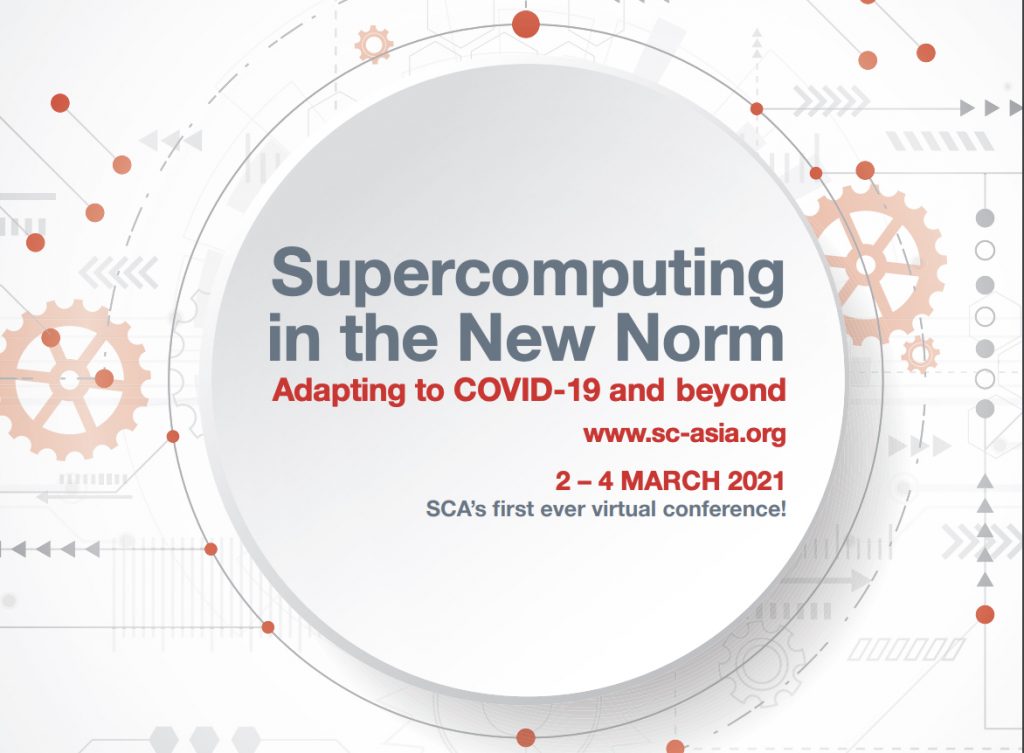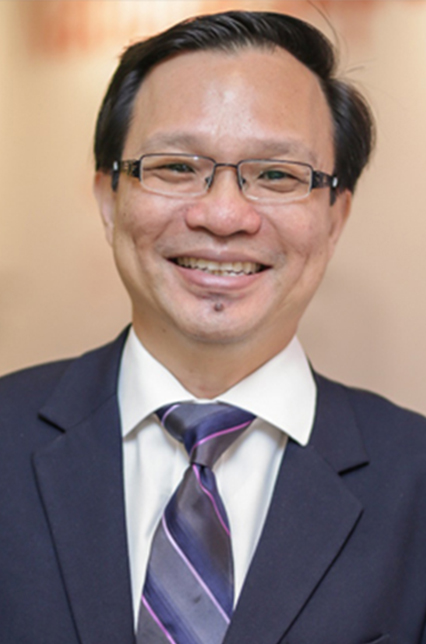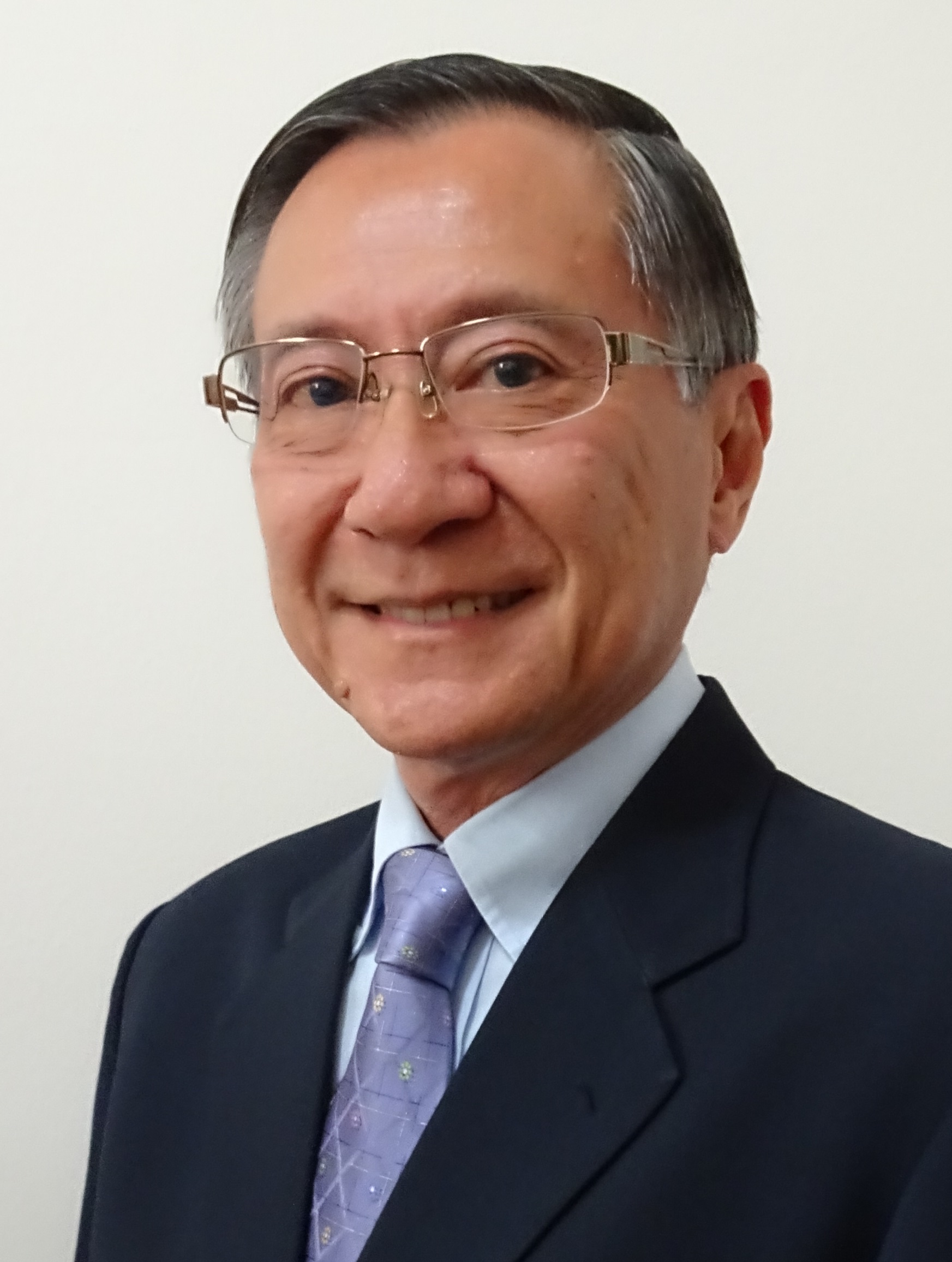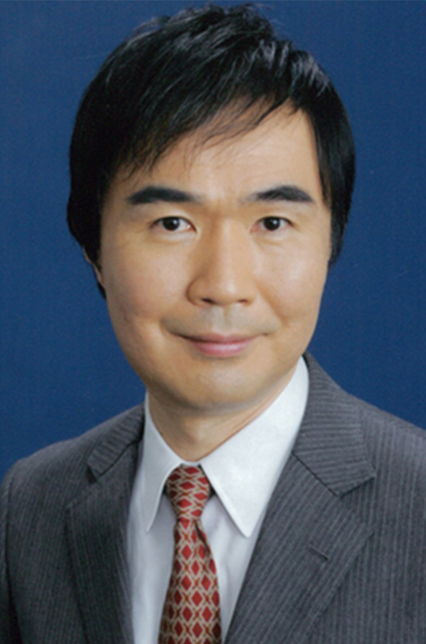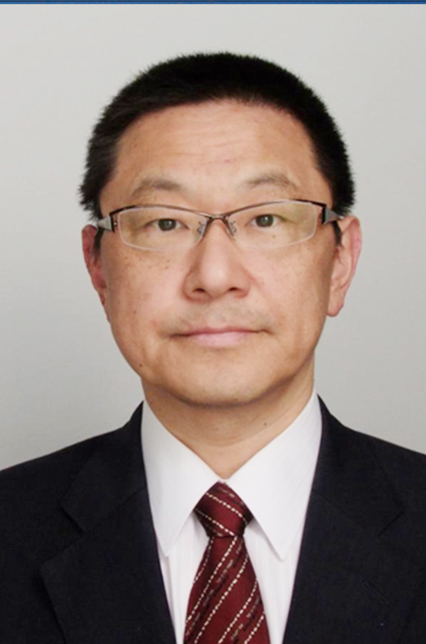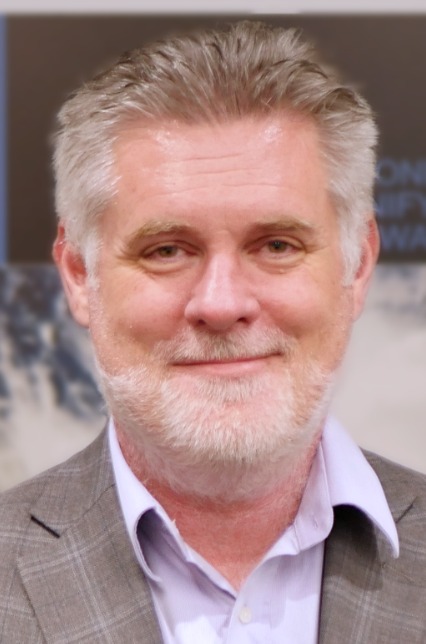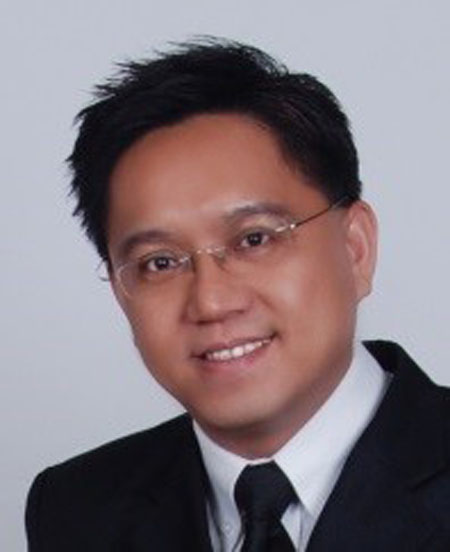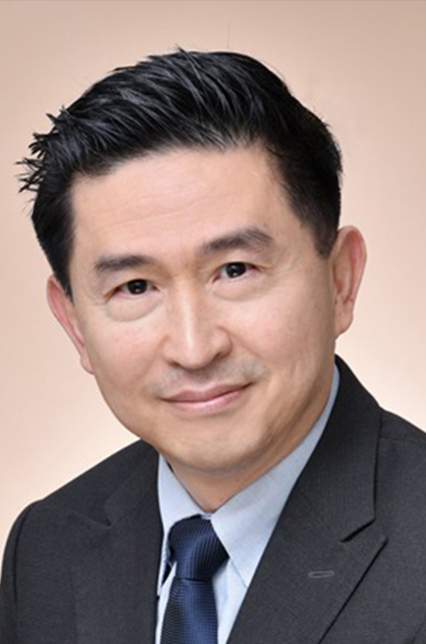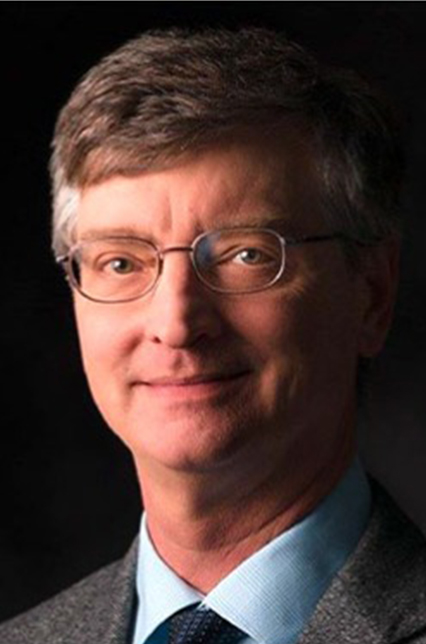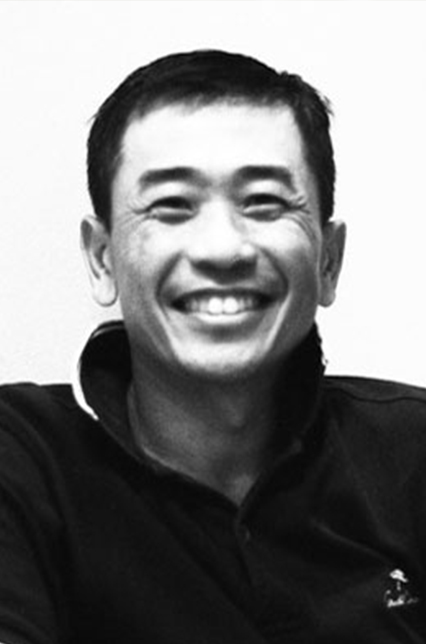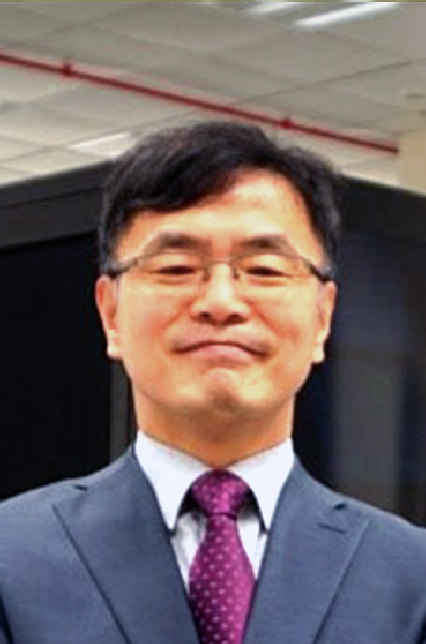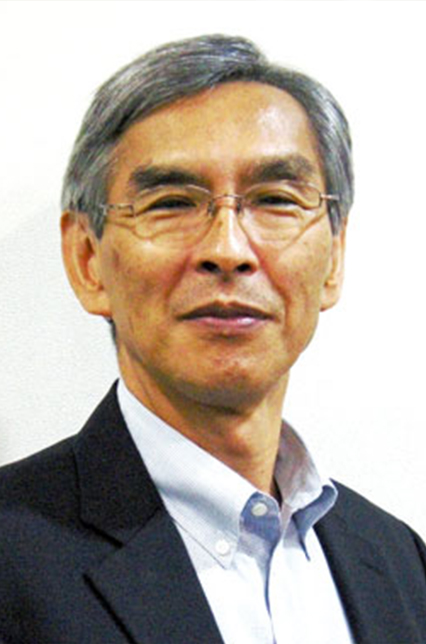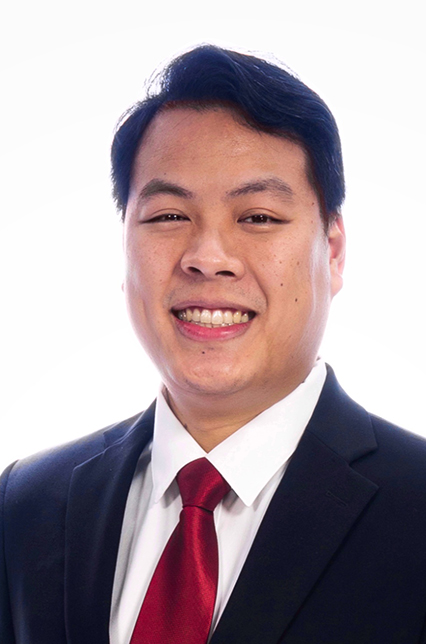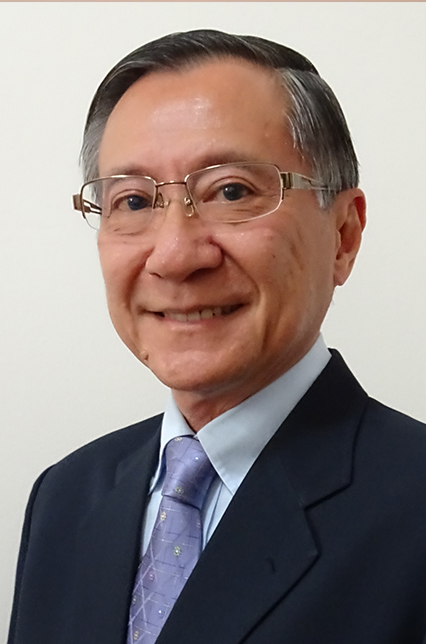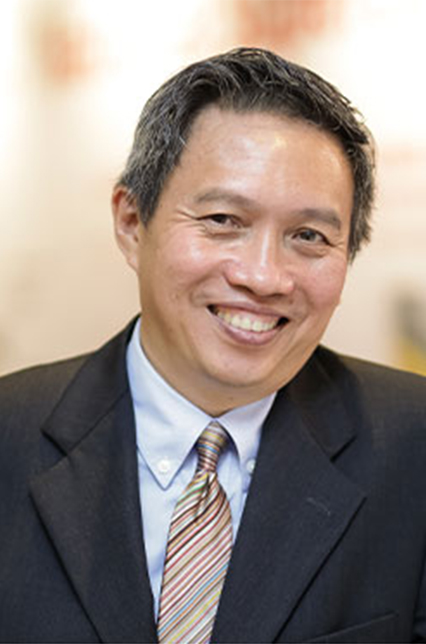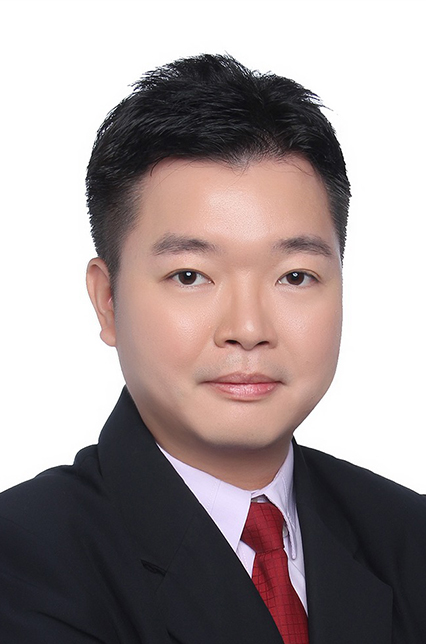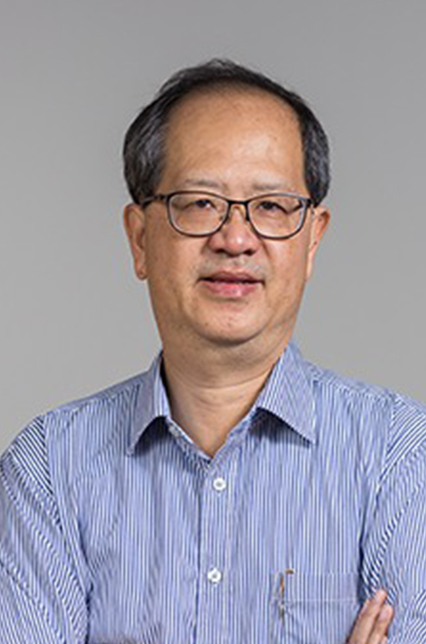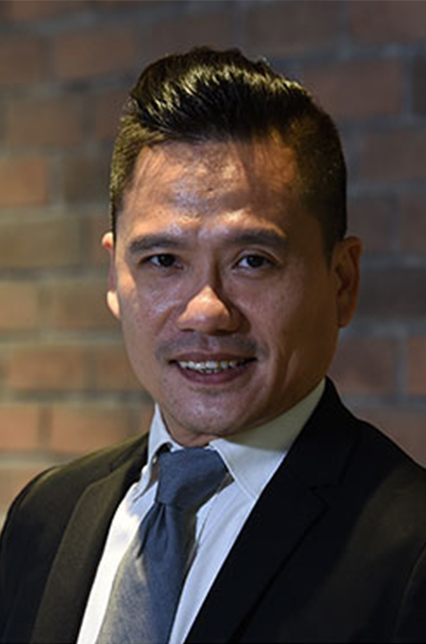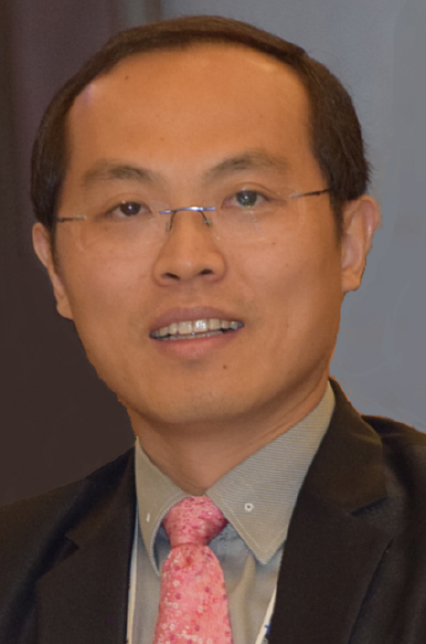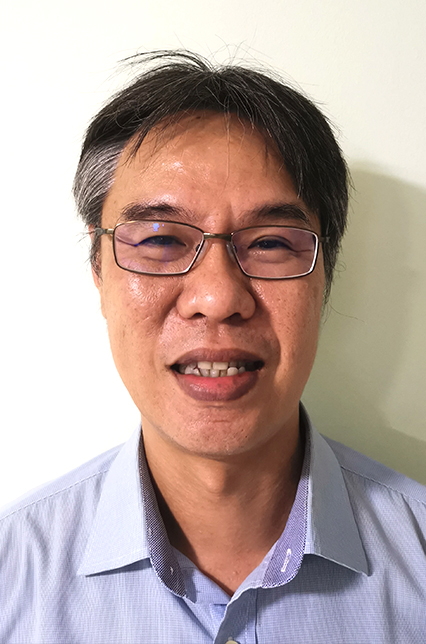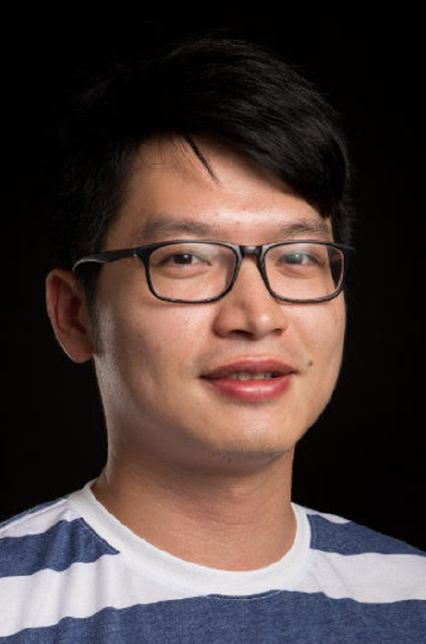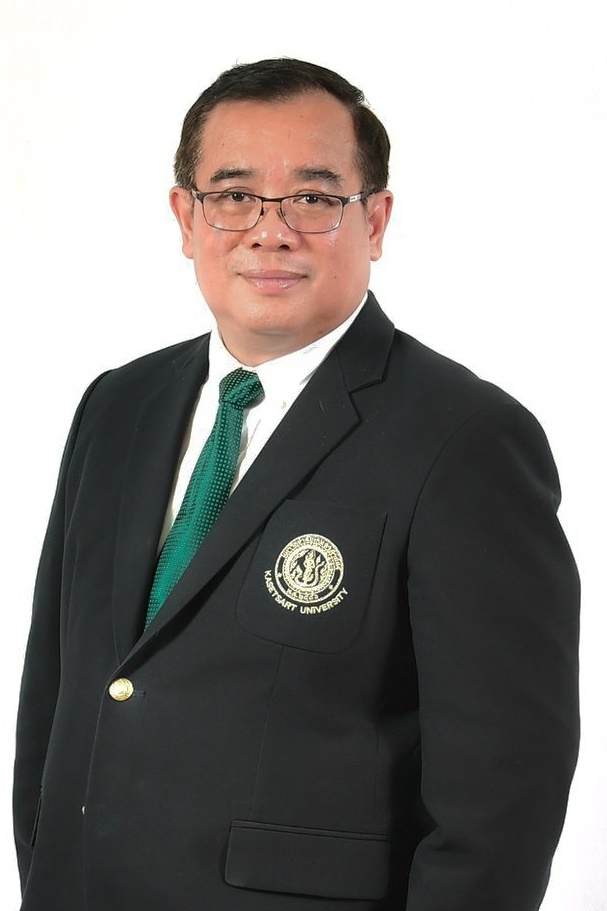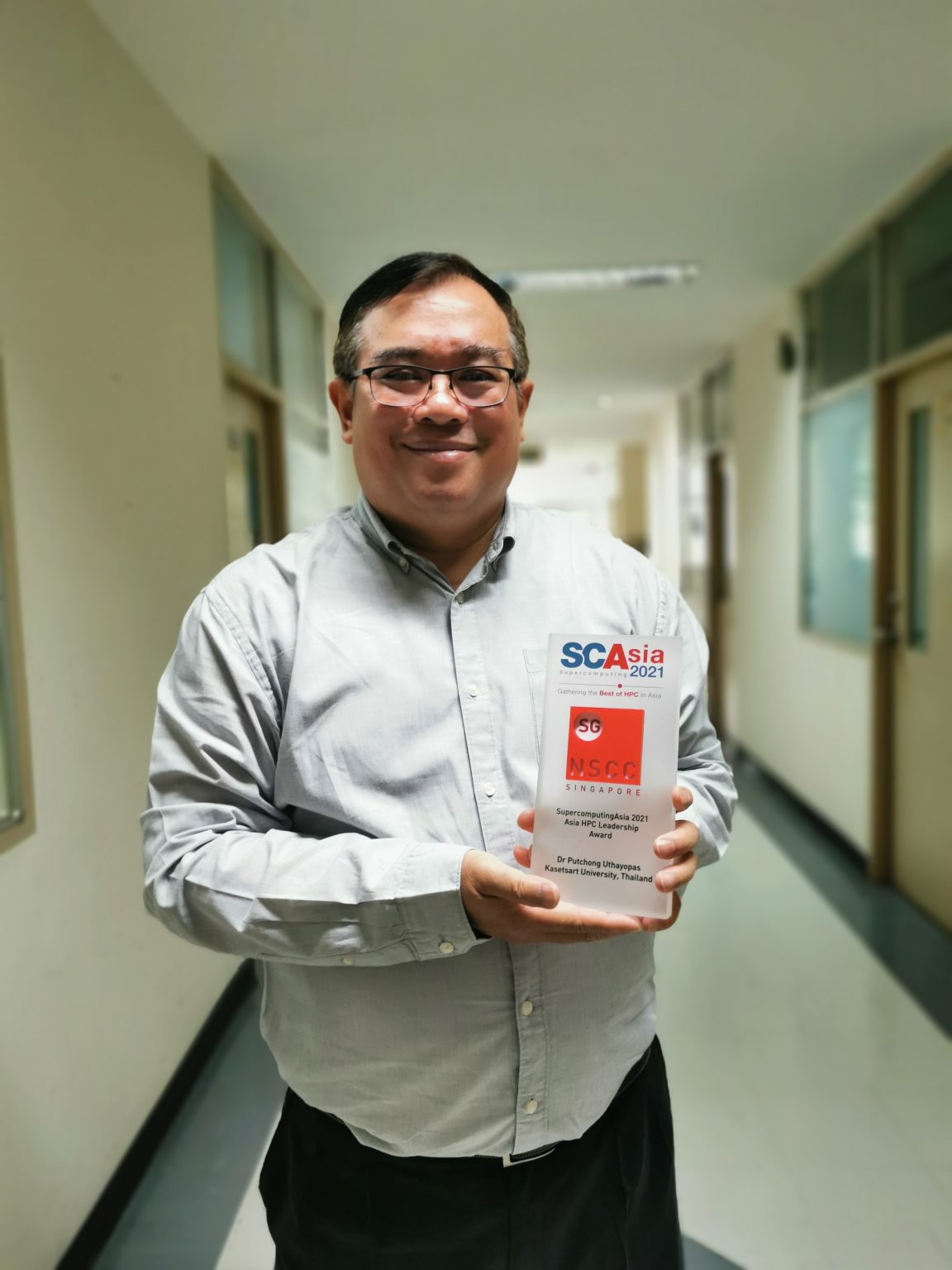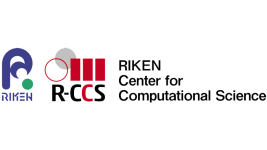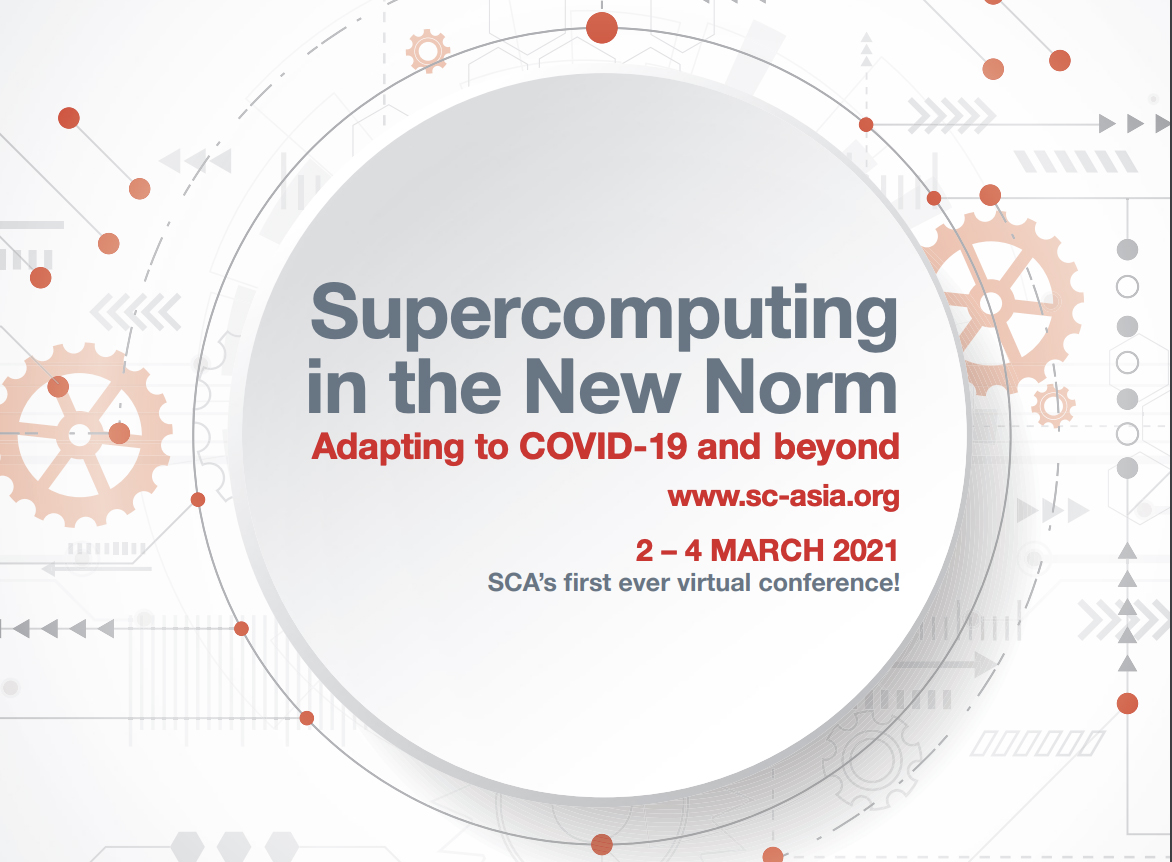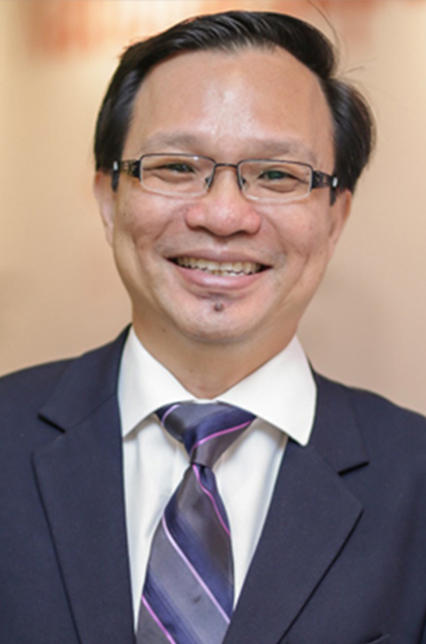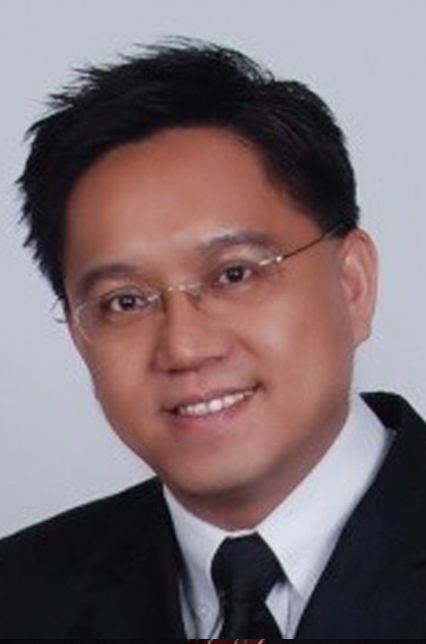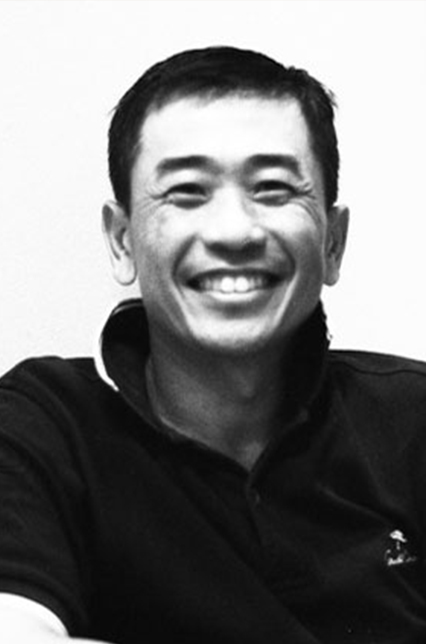Dr. Putchong Uthayopas is a Vice President for Digital Technology, Kasetsart University, Thailand, where he is responsible for KU digital policy and digital strategy, digital transformation, and oversees the operation of the Office of Computing Services, Kasetsart University. Dr. Putchong is a founding chair of the Digital University Forum, a forum for CIOs of Thai universities (more than 20 leading universities). Currently, he also serves as a committee member in numerous government organizations. These include the Board of Directors, Digital Government Development Agency; Government Enterprise Architecture committee, Ministry of Digital Economy and Society; Strategic Committee, National Innovation Agency (NIA); Strategic Committee, The Institute for Promotion of Teaching Science and Technology (IPST); Board of Technology Center, Court of Justice; Research Advisory committee NECTEC; and IT Committee, Thailand Science Research, and Innovation Institute.
Dr. Putchong has worked in high performance computing, grid, and cloud computing for more than 28 years. He is one of the key persons who has helped drive the HPC and Computational Science community’s growth in Thailand and Asia for the past 20 years. He led the HPCNC research group that first developed the Beowulf cluster in Thailand in 1999 (collaboration with NASA Beowulf project under Dr. Thomas Sterling). The building of 72 nodes of the PIRUN Beowulf cluster at Kasetsart University led to the acceptance and massive adoption of Linux cluster technology in Thailand. Apart from this, he has published more than 150 papers in the HPC arena. In 2015 and 2018, the students from his lab became the first team from Thailand to participate in the international student cluster computing competition in ASC2015, ASC2018, and ISC2018. Their participation resulted in significant widespread interest in HPC/AI amongst educational institutes in Thailand.
He served as the President of the Computational Science and Engineering Association (Thailand) from 2012-2016. He provided leadership for the HPC and Computational Science community in Thailand by driving numerous conferences, workshops, and idea exchanges that stimulated interest in computational science and HPC.
In 2005, he found the Thai National Grid Project (ThaiGrid), one of the first pioneering national level grid projects globally. He served as the founding director of the ThaiGrid, Software Industry Promotion Center (SIPA), Ministry of Information and Communication Technology from 2005-2008. He successfully led the team that constructed the National computational Grid or ThaiGrid. This ThaiGrid network covers more than 15 sites in Thailand, involving more than a thousand researchers. Under his leadership, the ThaiGrid center built the first Teraflops machine, the largest supercomputing facility in Thailand, using a cluster of 200+ servers. His accomplishment with the ThaiGrid Project work earned him the Distinguished Computer Engineer in System Integration Award from the Engineering Institute of Thailand in 2012. This award is one of the most prestigious national awards for engineering work in Thailand. Currently, Dr. Putchong serves as a board member of the National E-science Infrastructure consortium under NSTDA. He is responsible for defining the strategic direction for this project which operates the e-science infrastructure for about ten member institutes in Thailand. Many scientists and engineers use this e-science infrastructure in Thailand to collaborate with CERN in Europe.
In the arena of international leadership, Dr. Putchong served on the PRAGMA Steering Committee until 2017. He has actively assisted the PRAGMA Grid grouping for more than 10 years by expanding HPC and Grid computing collaboration efforts among the US and leading research and educational institutes in the Asia Pacific. He also served as the APAN Grid computing working group Co-Chair with Prof. Kento Aida, National Institute of Informatics, from 2005-2008. Dr. Putchong is currently one of the 2 Key Opinion Leaders from Thailand in the ASEAN HPC Task Force under the ASEAN Committee on Science and Technology. He provides the leadership, planning and strategy for the development of HPC infrastructure and the HPC community in ASEAN. He is also instrumental in creating the regional platform and activities for ASEAN-EU HPC collaboration.
